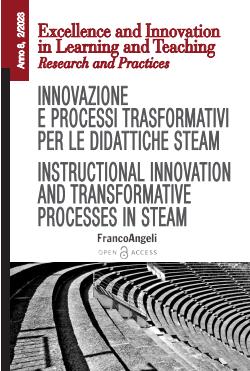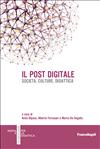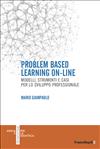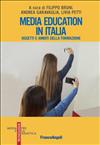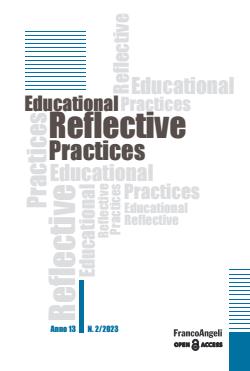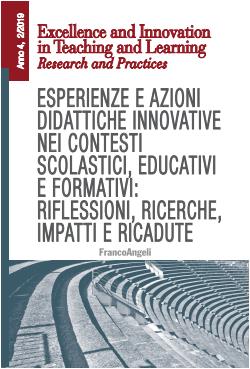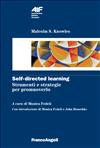
Strumenti e strategie per promuoverlo
Un testo classico (inedito in Italia) di un grande maestro. Una preziosa risorsa per formatori, docenti e studenti che in diversi contesti di apprendimento desiderino promuovere il self-directed learning, approccio diffuso e praticato da lungo tempo negli Stati Uniti.
cod. 25.34

